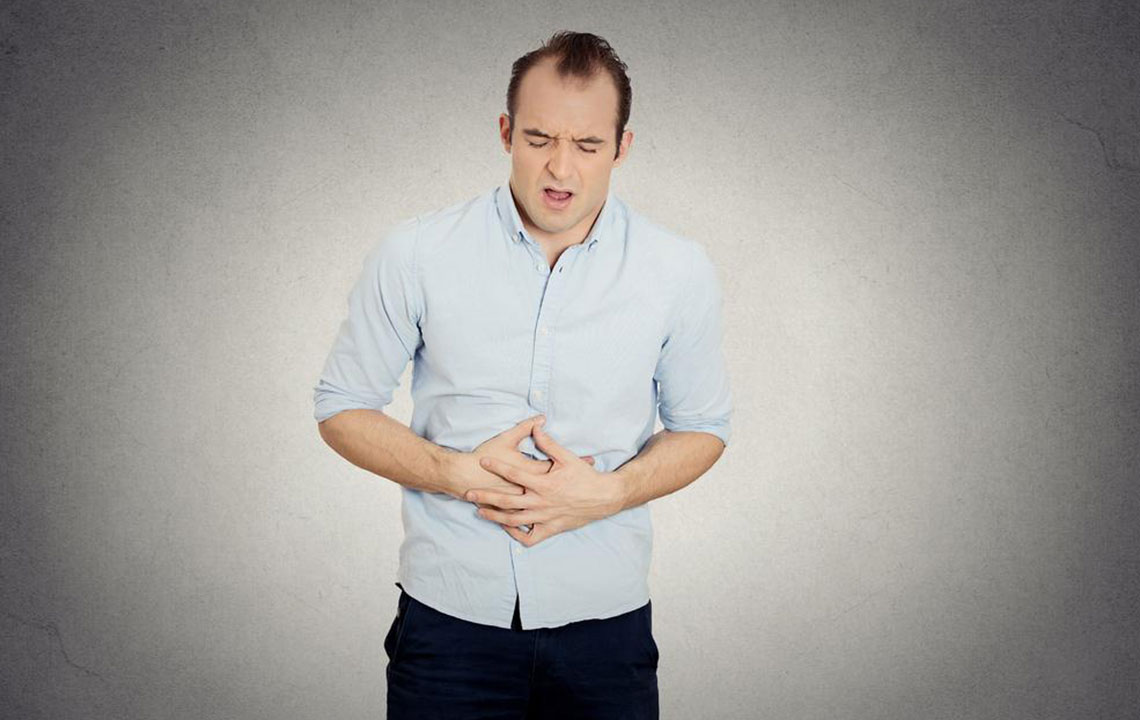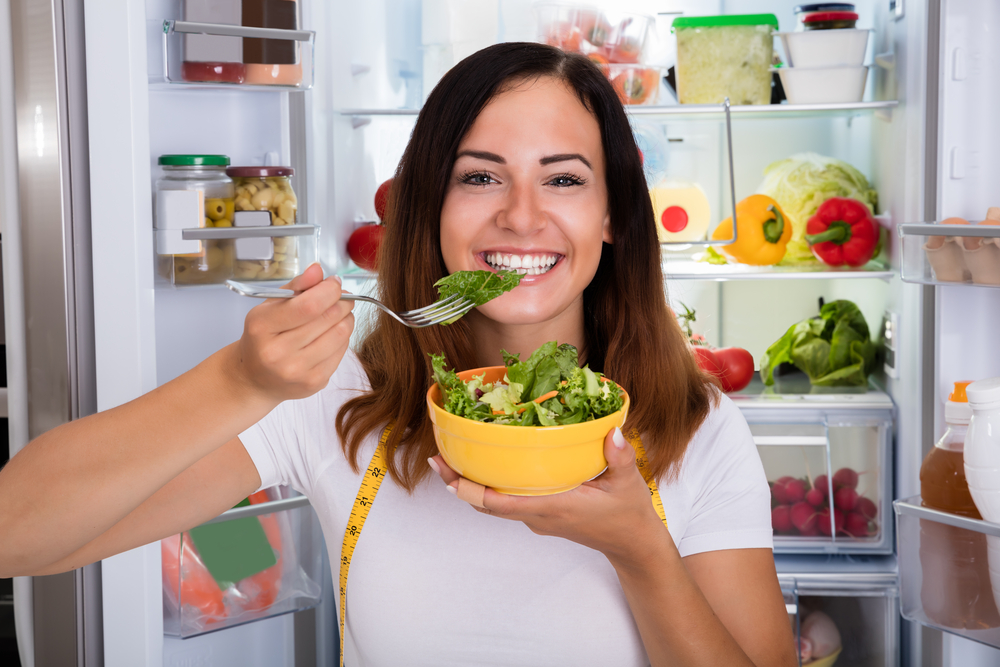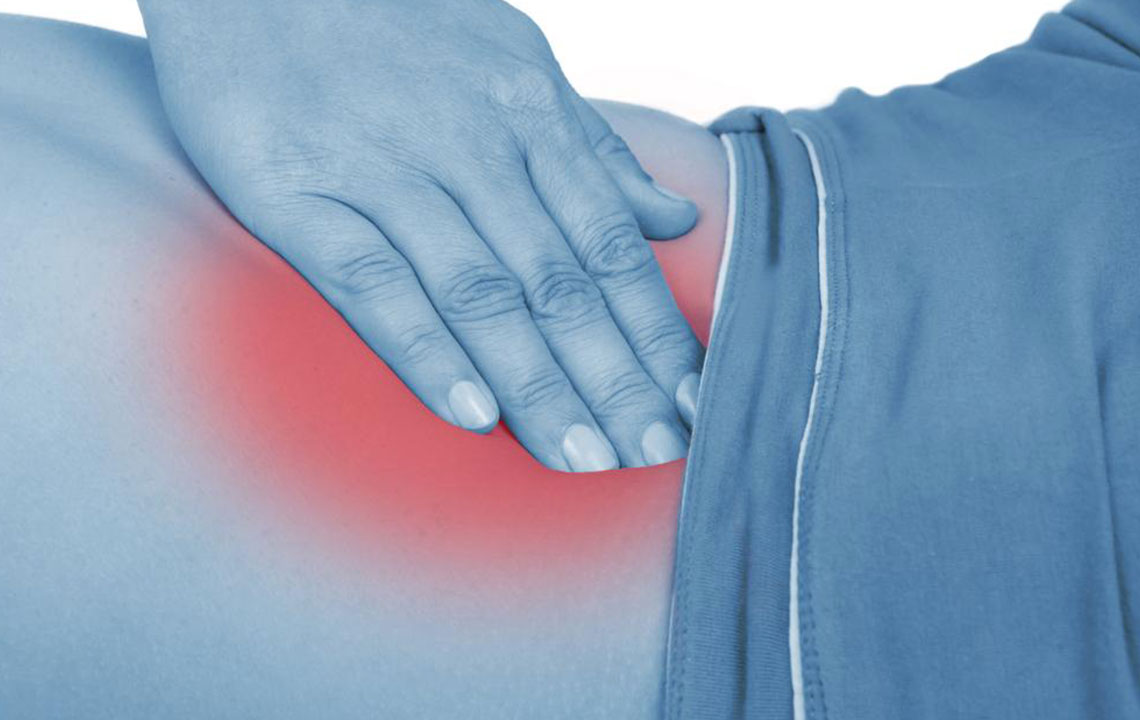Effective Dietary Strategies for Rapid Relief from Diarrhea
Discover effective dietary strategies to accelerate recovery from diarrhea. Learn which foods to eat and avoid, how to maintain hydration, and tips for managing symptoms. Proper nutrition is key to restoring gut health quickly, which can help reduce discomfort and prevent dehydration. This comprehensive guide offers practical advice for treating diarrhea through diet, ensuring a faster, safer recovery process.

Effective Dietary Strategies for Rapid Relief from Diarrhea
Experiencing diarrhea is a common health issue that many individuals face at some point in their lives. It can be caused by various factors including infections, food poisoning, medications, or consumption of contaminated food and water. The hallmark symptoms often include frequent loose or watery stools, abdominal cramps, bloating, and dehydration. While mild diarrhea may resolve on its own, understanding proper dietary choices can significantly speed up recovery and reduce discomfort. Implementing a specific diet focusing on gentle, binding, and easily digestible foods can be the key to a quicker reestablishment of gut health.
Diarrhea indicates your body's response to intestinal disturbances, typically resolving within one to two weeks. The causes may vary from infections such as norovirus, bacterial pathogens like Salmonella, or parasitic infestations, to side effects of antibiotics, food allergies, or consumption of spoiled food. During this period, the goal is to maintain hydration and consume foods that bolster intestinal health. A well-known dietary approach for managing diarrhea is the BRAT diet—comprising bananas, rice, applesauce, and toast—that provides gentle nourishment and helps in binding loose stools. These foods are chosen precisely because they are bland, easy to digest, and effective in managing gastrointestinal upset.
Understanding which foods assist in recovery and which foods to avoid is crucial for effective diarrhea management. Proper dietary adjustments can minimize symptoms and promote faster healing, while also preventing dehydration and nutrient loss. Here are detailed dietary guidelines that can help you recover swiftly:
Bananas: Rich in potassium and soluble fiber, bananas are highly effective in calming diarrhea. Their natural binding properties help absorb excess liquids in the intestines, and potassium helps replenish electrolytes lost due to watery stools. Additionally, bananas are gentle on the stomach and can be easily incorporated into your diet during recovery.
Rice: Plain, white rice, especially when boiled, is an ideal choice because it is bland and easy to digest. It has a binding effect on stool due to its starchy, sticky nature, making it highly recommended during diarrhea episodes. Avoid brown rice or wild rice during symptoms, as these can be harder to digest and might exacerbate symptoms.
Applesauce: Applesauce contains pectin, a soluble fiber that helps normalize bowel movements and tighten stool consistency. It provides natural sugars and hydration, helping to restore energy and electrolyte balance without irritating the digestive system.
Toast: Plain toast, particularly made from white bread, is easy to digest and can add bulk to stool. It provides quick energy through carbohydrates and helps absorb excess stomach acids. Ensure it is free from butter, jam, or any toppings that could irritate your gastrointestinal tract.
Yogurt: Incorporating probiotic-rich foods like yogurt can help restore the beneficial bacteria in your intestines, which are often depleted during diarrhea, especially if antibiotics are involved. Probiotics help improve gut flora balance, leading to better stool normalization and overall gut health.
In conjunction with eating the right foods, it is vital to avoid certain foods that might worsen diarrhea symptoms. These include:
Foods high in fat—fried foods, greasy snacks, and deep-fried dishes—that are difficult to digest and can irritate the gut lining.
High-lactose dairy products like milk, cheese, and cream, especially during diarrhea episodes, as lactose can increase intestinal upset. However, probiotic-rich yogurts can be beneficial.
Caffeinated beverages and alcohol, which can lead to dehydration and irritate the gastrointestinal tract.
Artificial sweeteners such as sorbitol and mannitol, commonly found in sugarless gums and candies, which may have laxative effects and worsen diarrhea.
Gas-producing foods like beans, cabbage, broccoli, cauliflower, and carbonated drinks that can cause bloating and abdominal discomfort.
Any spoiled or improperly stored foods, as these can introduce additional pathogens or irritants, prolonging the illness.
Adhering to a strategic diet plan, staying well-hydrated with water, oral rehydration solutions, or electrolyte drinks, and consulting healthcare professionals when symptoms persist is essential. Avoid self-medicating with laxatives or anti-diarrheal drugs without medical advice, as improper use can sometimes worsen the condition. Proper nutrition, hydration, and medical guidance are your best allies to recover quickly and restore gastrointestinal health.





